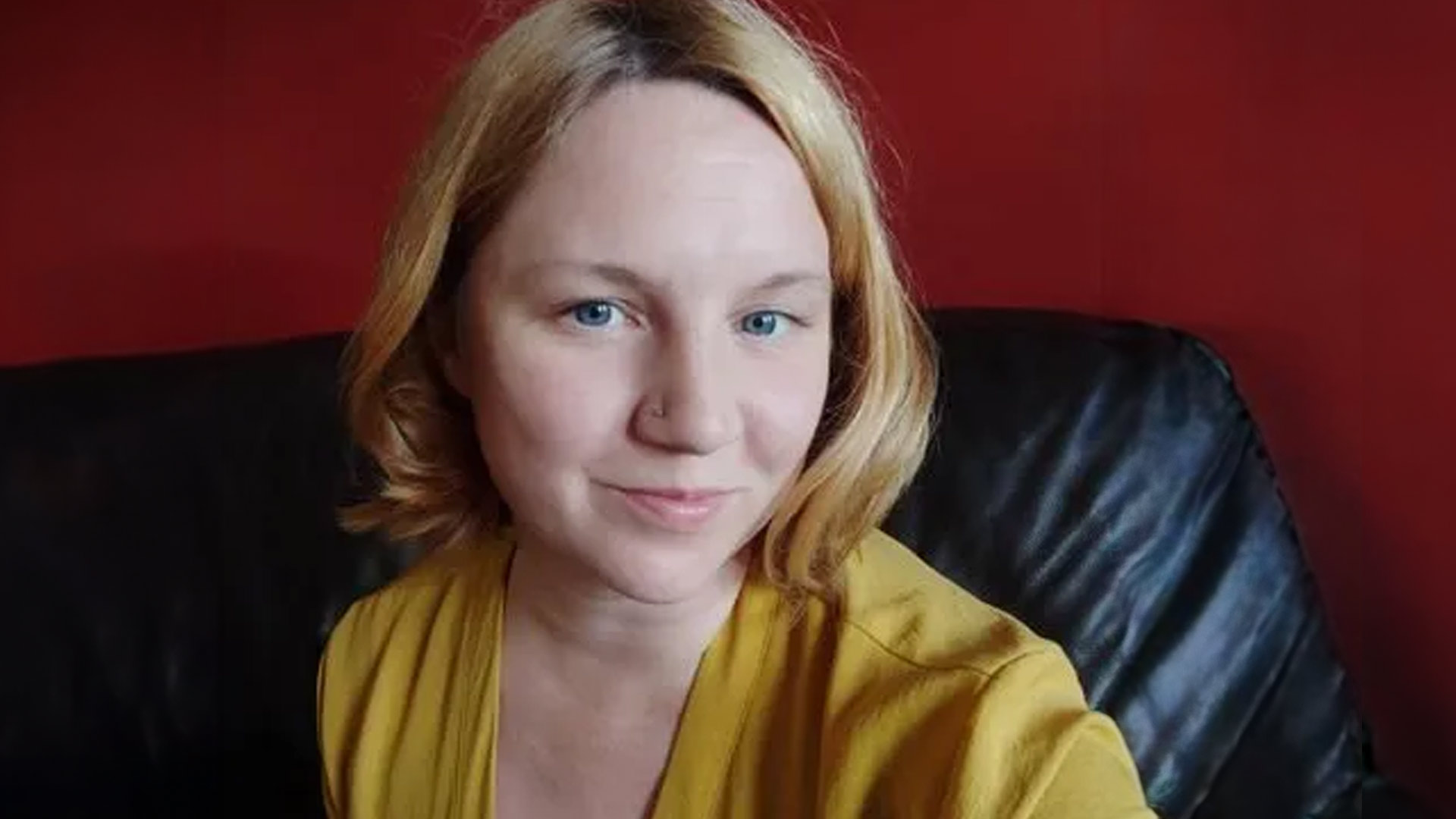Tell us about your background.
When I was at school, I was very focused on the arts and humanities. At university, I studied English Literature, and then pursued a Master’s degree in Gender and International Relations. I knew I wanted to work in a socially impactful field. This led me to my first job at a social research agency, where I worked on the quantitative analysis of campaigns for government departments. You didn’t need a STEM background to get the job, but once there, I was always working with data and thinking about the impact of different research design, so it was a good foundation for my future career.
How did you get interested in data science?
When I had been working in social research for about four years, I realized that the part of my job that I enjoyed most was working with data, and I wondered if there was a way of pursuing that further. I met up with a colleague from my first job who was studying part time for a masters in data science. It was the first I had heard of the field in any meaningful way. The stuff he talked about seemed so exciting. He was incredibly encouraging and gave me some pointers of how to get started. Within weeks, I was teaching myself R and sneaking it into projects at work.
What are you currently working on?
I’ve been working at the BBC for almost a year. It’s my second job as a data scientist. I work on projects to make tools to help journalists and content creators.
How did you first discover WiDS?
One of my friends, Misa Ogura, was involved in organizing WiDS London 2018, and she encouraged me to attend. At that point I was pretty keen to switch to data science, but I was very early in thinking things through. The conference itself was great. It was made up of lots of shorter speeches, so the volume of information and topics covered was phenomenal. There were loads of examples of interesting projects and careers. It was certainly inspiring in that it made me feel secure that this was a dynamic field that I would definitely enjoy.
Have you been involved with WiDS since that first experience?
I went to WiDS London 2019 and I was delighted that I could also attend WiDS London 2020 remotely this year. It’s a real credit to the organizers that the conference went ahead online!
How has WiDS made an impact on your life and/or work?
The real impact for me was making lots of new connections with people who were at different stages in their own data science journeys. This gave me the start of an invaluable network. For example, Chiin-Rui Tan, who ran a workshop and spoke on a panel during the event, was exceptionally helpful and generous with her time and advice when we connected afterwards, from talking through my options for my next steps to giving me technical coaching ahead of an interview.
Many of these people are still very important to me. They have helped me in a range of ways, such as flagging job opportunities for me and helping me critically validate my choices.
I’m now part of several data science communities because of connections I made on that day, and I like to think that now I’m giving back to those communities and offering support, advice and training to women and gender minorities who are where I was back then.
What comes next for you? And what are your hopes for women in the data science in the future?
I moved jobs last year and I’m keen to continue doing good work in an interesting area. I’m also trying to think of ways to keep learning and sharing knowledge while the world is in lockdown. I just finished a short R for beginners course remotely, and have been blogging at meganstodel.com for a while now.
I really cherish being part of communities for women in data science. I’ve been lucky to be in teams with several other women in my data science roles, but I’d love it if that was the norm rather than something I feel privileged to have experienced.


